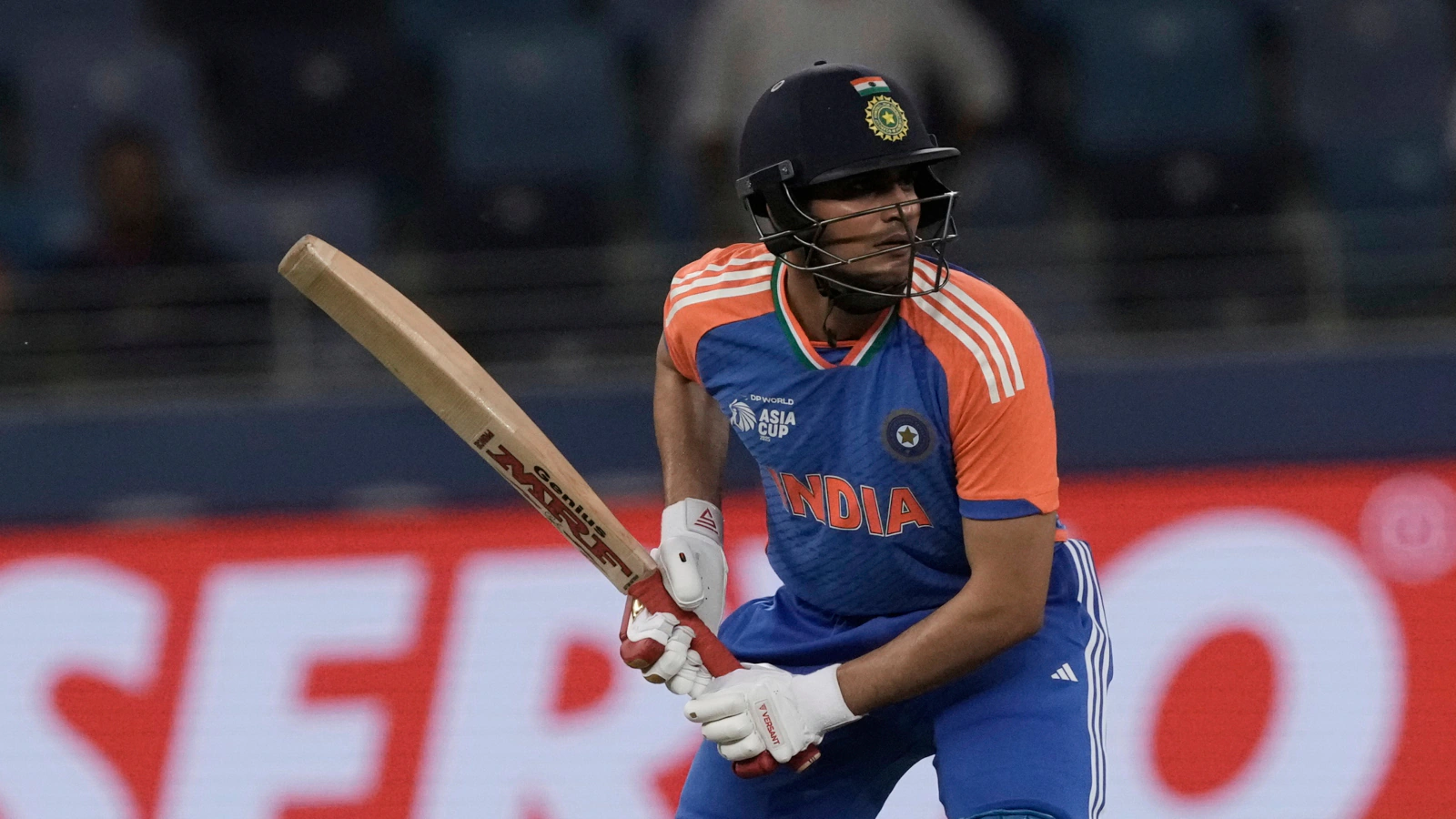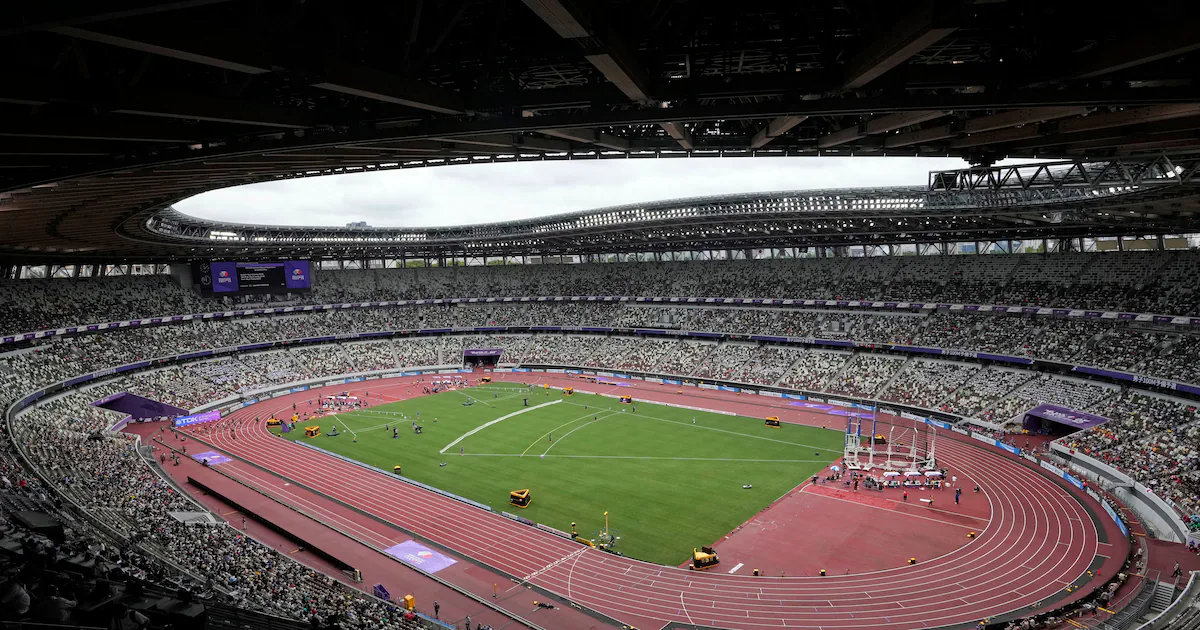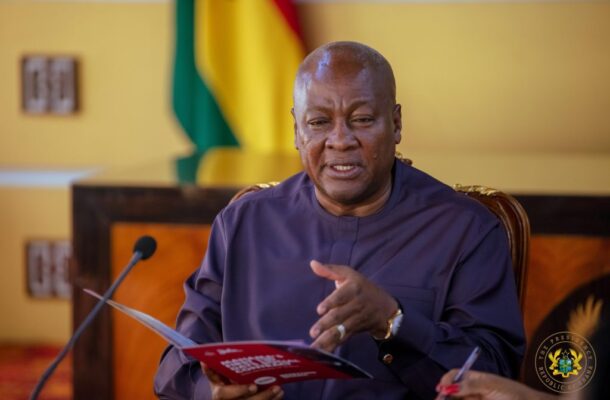By Leopold Chen,Lo Hoi-ying
Copyright scmp

Hong Kong lawmakers have approved a bill to legalise betting on basketball matches as authorities aim to tackle illegal gambling, with the Hong Kong Jockey Club expected to be the sole operator.
The Legislative Council passed the Betting Duty (Amendment) Bill 2025, empowering the Secretary for Home and Youth Affairs to issue basketball betting operator licences with specified terms.
The bill also authorises a licensed basketball operator to place bets with other gambling operators for hedging purposes.
The vote on Thursday followed scrutiny by a bills committee in two sessions in July. Seventy-seven lawmakers voted in favour, two abstained and two opposed it.
Secretary for Home and Youth Affairs Alice Mak Mei-kuen addressed lawmakers during the meeting.
“Providing legal channels is a way to satisfy the public demand for certain kinds of betting to prevent them from turning to illegal operators,” she said.
She also said that even after the regulation, authorities would strengthen enforcement and education to target all forms of illegal betting.
A new centre focusing on young addicts would be set up under the Ping Wo Fund, Mak added, referring to the body established by the government in 2003 to finance measures addressing gambling-related problems.
“Regulation is only one of our solutions to combat illegal betting,” she said, assuring lawmakers that there were other measures targeting youths, such as educating them about the harms of gambling addiction.
More than 20 lawmakers debated the bill in Legco, with most supporting the regulation, but urging authorities to strengthen education as the main measure to prevent youth addiction.
Bills committee member Chan Siu-hung said that he was in favour of the regulation, but warned that the legalisation should not be seen as a solution to illegal betting.
“It is the responsibility of the government to crack down on illegal betting; they cannot once again introduce new legal forms of betting while citing increased demand in society,” he said.
He added that law enforcement on illegal betting should not be lax even after the bill was passed.
“Authorities should understand the root solution to gambling addiction is for residents to know that gambling is not a necessary part of sports,” he said,
According to Chan, data from the Ping Wo Fund showed that youths under 18 accounted for less than 2 per cent of those seeking help, but the information might not be representative of the situation.
“Is it because young addicts do not know how to seek help, or that authorities are unable to uncover the hidden case?” he said.
He also called on the government to look beyond the number of those seeking help as a benchmark for the success of their anti-gambling efforts.
Lawmaker Tik Chi-yuen was one of the few legislators who opposed legalising basketball betting.
“Illegal betting is harmful and legal betting is also harmful. Legalising basketball betting will not make it rosier,” he said.
Tik explained that after the government legalised soccer betting in 2003, the number of bettors increased tenfold while the illegal betting situation did not improve.
He also noted that the number of addicts seeking help for football betting is far higher than those from horse betting and casino gambling.
“Combating betting with more betting is a failure,’ he said. “These costs will be borne by families, and the healthcare and social welfare system.”
A previous government letter to the legislature said that a licence for basketball betting would be issued to the Jockey Club “to avoid leading to competition among operators and stimulating betting demand.”
First announced in Financial Secretary Paul Chan Mo-po’s February budget speech, the government proposed legalising basketball gambling, modelled on the existing football betting system, and gazetted the bill in June.
Authorities said the bill aimed to regulate basketball betting to crack down on illegal activity.
According to information provided by the Jockey Club to Legco, around 430,000 Hong Kong residents bet illegally on basketball in 2024, compared to 100,000 to 150,000 the previous year.
The club estimated the illegal basketball betting market turnover to be between HK$70 billion (US$8.99 billion) and HK$90 billion last year, a 119 to 165 per cent increase.
Meanwhile, police made between 5,000 and 7,000 arrests related to illegal gambling annually from 2022 to 2024, authorities revealed.
Under the new bill, a 50 per cent duty will be charged on net stake receipts from basketball betting, calculated as bets received minus dividends payable. This rate matches that imposed on football betting.
The operator will also be prohibited from accepting wagers from underage individuals or on credit.
The Jockey Club previously estimated that authorised basketball betting could generate HK$1.5 billion in tax revenue annually, though a source told the Post it may take three to four years to reach that level.



